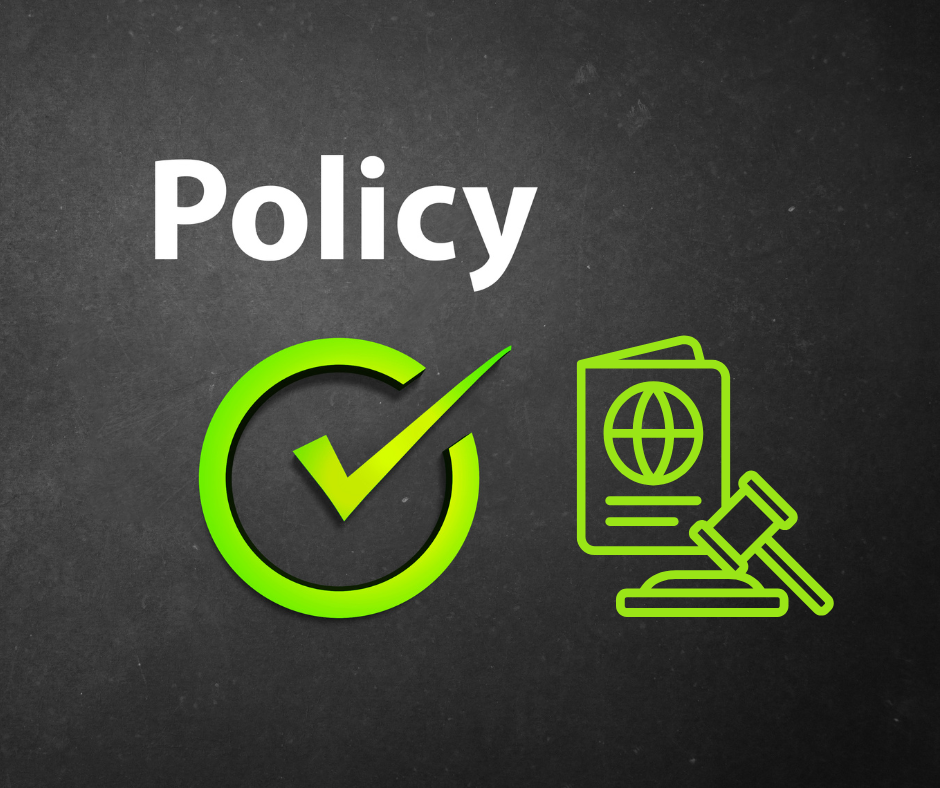In a world where trust defines the foundation of business, employment, partnerships, and even simple transactions, a breach of contract isn’t just a legal error—it’s a collapse of ethical responsibility. The pain of broken promises runs deeper than paperwork; it erodes relationships, shatters expectations, and often leaves victims in devastating financial and emotional turmoil.
Yet, in countless boardrooms and behind closed doors, breaches happen every day.
So why is there still silence?
Let’s confront the urgency. Let’s dissect the legal and ethical issues surrounding breach of contract and ask ourselves what’s really at stake—because this isn’t just about law; it’s about justice, humanity, and taking decisive action when integrity is at risk.
What is a Breach of Contract?
A breach of contract occurs when one party fails to fulfill its part of a legally binding agreement. It could be late delivery of goods, non-payment, failure to meet agreed-upon standards, or even abandoning responsibilities entirely. In each case, there’s a promise made—and a promise broken.
But the consequences are not only economic. They are moral. They are societal.
The Legal Landscape: Rights, Wrongs, and Remedies
Legally, contracts are enforceable in courts, and remedies can include:
-
Damages (compensatory, punitive, nominal, liquidated)
-
Specific performance (forcing the breaching party to fulfill the contract)
-
Rescission (canceling the contract)
-
Restitution (restoring the injured party to their original position)
Yet, legal remedies often come too late, cost too much, and fail to repair the real damage—the loss of trust and reputation.
And what about the businesses and individuals who can’t afford a lawyer? What about those who are unaware of their rights? What about the ethical obligation to act with honesty in the first place?
The Ethical Imperative: Beyond the Courtroom
A breach of contract isn’t just a legal misstep—it’s an ethical failure.
When a business knowingly cuts corners, when a partner deliberately withholds payments, or when an employer exploits ambiguity in a contract, they aren’t just breaking a rule—they’re breaking a bond.
This leads us to a deeper truth: ethics must lead where laws fall short. We must foster a culture where keeping one’s word is the norm, not the exception.
Ethics demand transparency.
Ethics demand accountability.
Ethics demand empathy.
And when these are absent, consequences must follow—not just in courts, but in communities, industries, and leadership circles.
Why You Should Care Right Now
Every time a breach goes unchallenged, every time justice is delayed, we weaken the fabric of mutual trust that holds our economy and society together.
-
Are you a freelancer? Then this matters to you.
-
Are you a business owner? This matters to you.
-
Are you a customer, client, or contractor? This matters to you.
Because you are only as safe as the strength of the promises made to you.
And when those promises break, the cost isn’t just dollars—it’s dignity.
What Can You Do?
-
Be vigilant: Know your rights. Don’t ignore small breaches; they grow.
-
Document everything: Contracts, emails, messages—proof is power.
-
Educate your circle: Help others understand the weight of ethical contracts.
-
Seek legal counsel early: Don’t wait until things spiral out of control.
-
Choose partners wisely: Integrity over convenience, always.
The Final Word: Restore the Promise
Let this article be your wake-up call. We must raise our standards—not just legally, but ethically. Breach of contract is more than broken words; it’s broken lives, broken businesses, broken futures.
If we don’t demand better, who will?
It’s time to hold ourselves accountable. It’s time to expect more. It’s time to protect the sanctity of every agreement, every handshake, every signature.
Because without trust, we have nothing.
Act now. Speak up. Hold the line.
Let promises mean something again.






